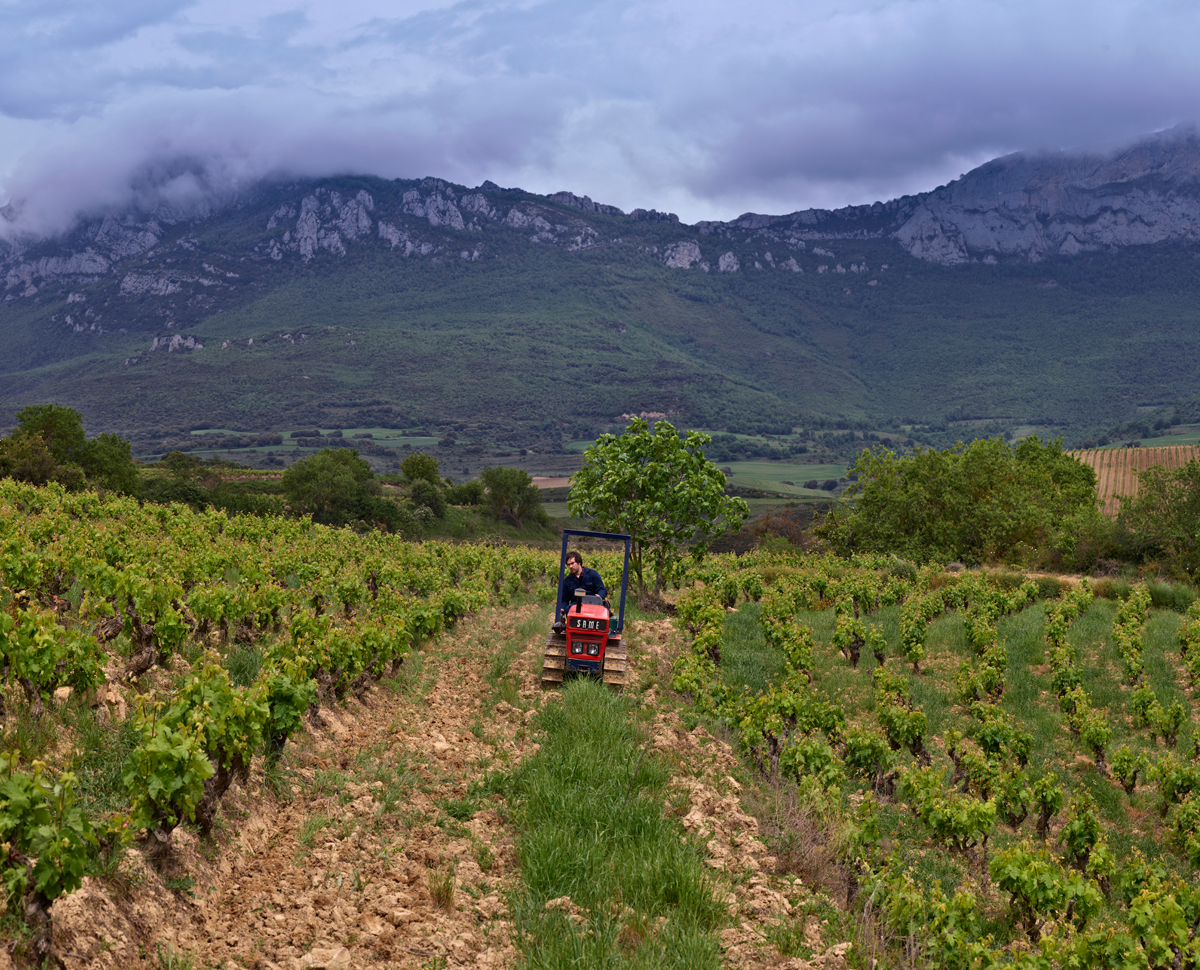RESPECTING THE EARTH
Our obligation as farmers is to pass on our fields and vineyards in better conditions than those in which we have found them.
We share the idea that we only occupy the land we have inherited from our ancestors. Our obligation as farmers is to pass on our fields and vineyards in better conditions than those in which we found them. How do we achieve this? Through sustainable agriculture.
And sustainable agriculture is achieved by maintaining an adequate balance between our activity and nature. We reduce our environmental impact as much as possible in the care of our vineyards and in obtaining our primary product: grapes.
Most of our vineyards were planted more than 70 years ago, before mechanization arrived in the countryside, on shallow soils on (steep) slopes. These lands were destined for vineyards because they were too difficult to be dedicated to other crops. Over the years, with the mechanization of the countryside, these types of vineyards have been mostly uprooted and the plantations taken to more fertile land in low, flat areas.
Less than 3% of the land in the designation of origin Rioja retains vineyards of this age and characteristics. We maintain and care for them by working by hand or with the help of draught animals and a small crawler tractor that can move around on these slopes between the narrow rows ¨renques¨ of vines.
In this way we can maintain the traditional distance between vines and therefore the traditional high density of plantations, while working without using herbicides. By working by hand and using the aforementioned tractor, which distributes the weight through its tracks, we reduce soil compaction and are able to work steep, irregular slopes following the contours perpendicular to the slope. Working in this way, combined with the use of plant cover, we can reduce erosion considerably and increase organic matter in the soil which regenrates soil life.


